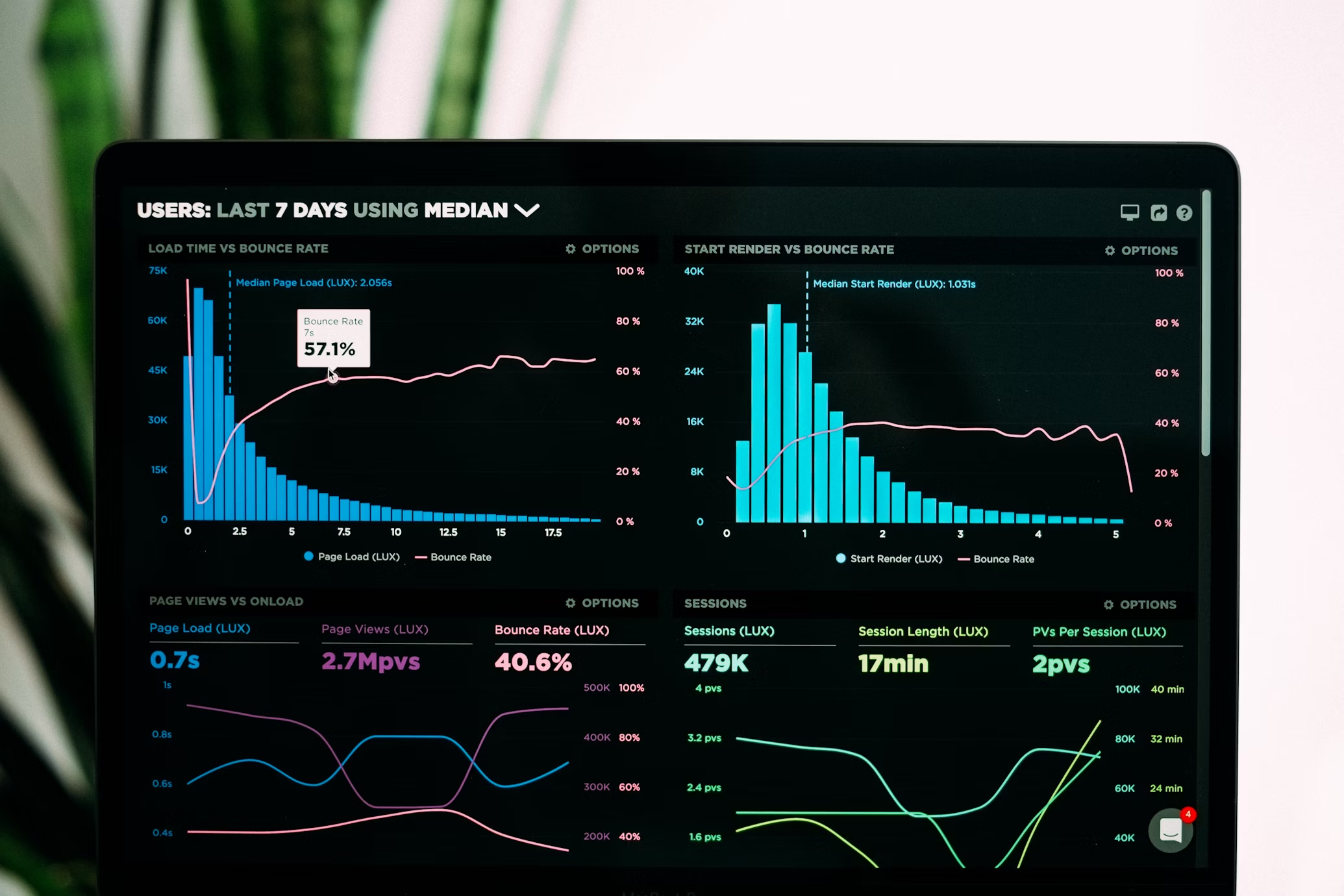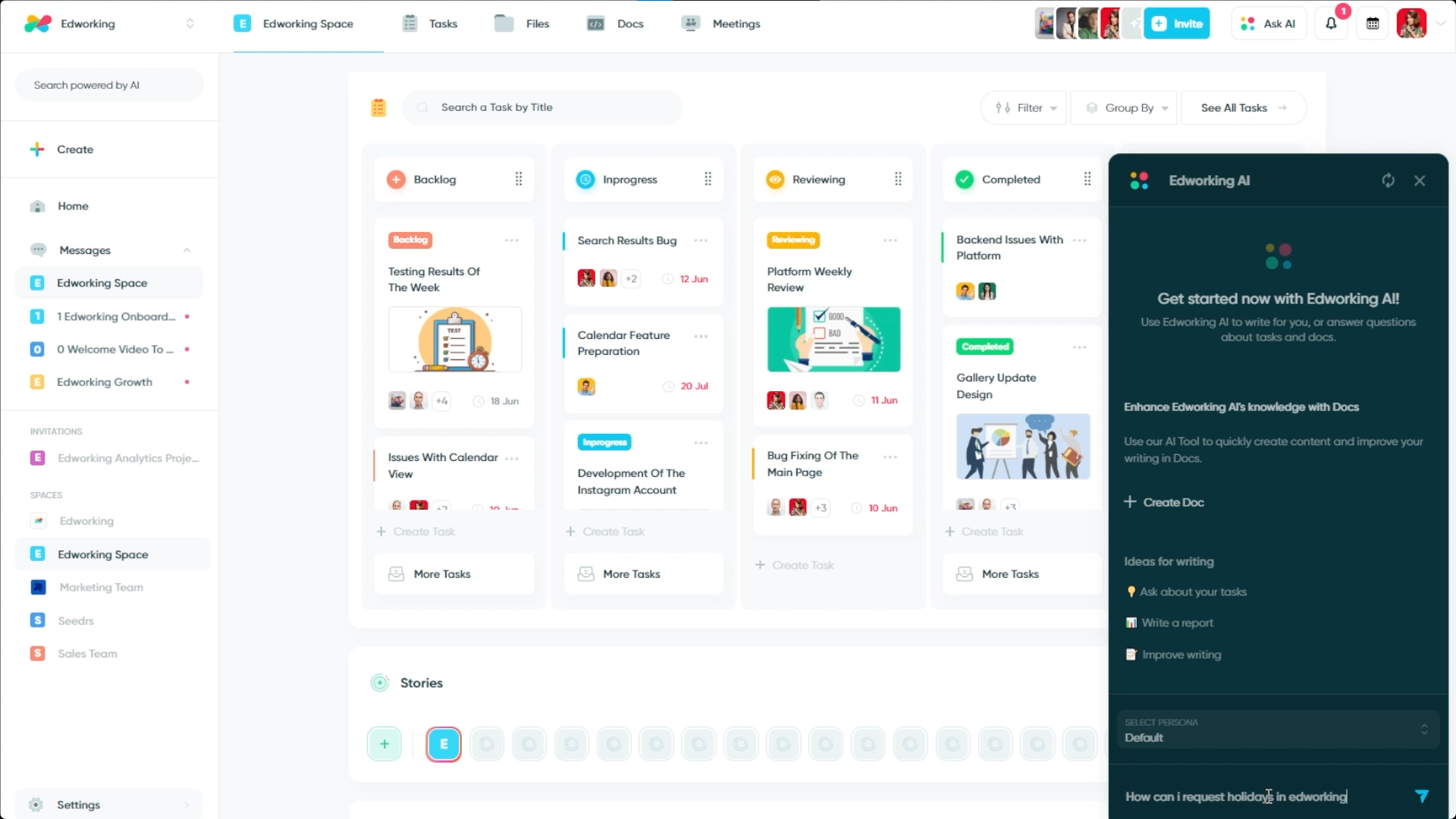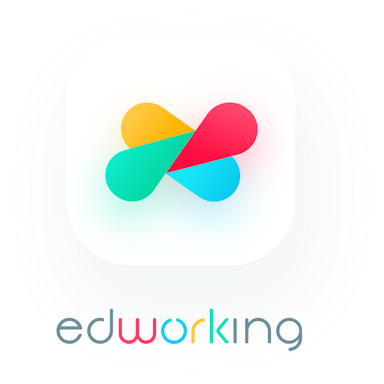Think about how much project management has changed in just the past decade. Once dominated by sticky notes, whiteboards, and complex spreadsheets, managing a project today looks very different. The rise of remote work, agile methodologies, and global collaboration has pushed traditional systems to their limits. In this high-stakes environment, staying on top of tasks, deadlines, and resources has become a full-time challenge—and that’s where AI in project management comes in.
It’s no longer about “if” you should use AI—it’s about “how soon” you can implement it. Companies are already weaving AI into their operations to handle scheduling, analyze risks, and even summarize meeting notes. AI isn’t replacing the human element—it’s amplifying it. It acts like a supercharged assistant that’s always learning, always optimizing. Imagine getting real-time updates about bottlenecks or automatic suggestions for reallocating resources—all without lifting a finger.
 The Evolution of Project Management Tools
The Evolution of Project Management Tools

From spreadsheets to smart systems
Early project management challenges
If you think project management sounds like a lot of juggling, you’re absolutely right. In the early days, teams relied heavily on manual tools like spreadsheets, physical whiteboards, and endless email threads. Tracking milestones, budgets, and team workloads was painstaking and error-prone. One forgotten email or a miscalculated deadline could send entire projects off course.
Traditional tools vs. today’s expectations
Fast forward to today, and project management demands have skyrocketed. Speed, flexibility, transparency, and collaboration aren't “nice-to-haves” anymore—they’re survival essentials. Traditional tools simply can't keep up with the complexity of modern projects. Teams now expect instant access to updates, automated task flows, real-time insights, and seamless collaboration across continents.
How AI is revolutionizing these tools
Key AI technologies driving innovation
Here’s where AI in project management becomes a game-changer. By analyzing patterns, predicting outcomes, and automating repetitive tasks, AI tools are transforming how projects are delivered. They learn from past data, anticipate future roadblocks, and help teams make smarter decisions faster.
Major AI functions used in project management
- Predictive analytics for deadlines, risks, and costs
- Automated scheduling and calendar optimization
- Smart task prioritization based on urgency and dependencies
- Natural language processing to summarize meetings and reports
- Intelligent resource allocation recommendations
- Sentiment analysis to gauge team morale
Each of these innovations helps project managers shift their focus from tedious administrative work to strategy, leadership, and innovation.
 Core Benefits of Using AI in Project Management
Core Benefits of Using AI in Project Management
Enhanced decision-making and forecasting

How AI models improve accuracy
Have you ever made a project decision based on gut feeling? We all have. But with AI, you can back every decision with data-driven insights. AI models analyze historical data, market trends, team performance, and even external factors like weather patterns (yes, really) to forecast project outcomes. This means smarter budgeting, more realistic timelines, and a better shot at hitting those all-important KPIs.
Real-time insights and resource optimization
Dynamic scheduling and prioritization tools
AI doesn’t just store data; it acts on it. If a high-priority task is falling behind or a critical resource becomes overbooked, AI tools instantly suggest adjustments. Real-time dashboards keep everyone informed, helping teams adapt quickly rather than react too late. This is where you truly start to see the magic of AI in project management: continuous course-correcting without the constant stress of manual oversight.
Task automation and team productivity

Reducing administrative overhead
Nobody goes into project management because they love filling out timesheets or moving tasks from one column to another. AI automates repetitive, low-value tasks like sending reminders, updating statuses, or flagging risks. The result? Project managers and teams can refocus on creative problem-solving and strategic thinking—the stuff humans are really good at.
The main difference between relying on manual planning and embracing AI-driven execution is simple: one is a constant battle against human error and fatigue, and the other is a partnership where AI handles the heavy lifting while you focus on leading your team to success.
 Key Use Cases of AI in Project Management Today
Key Use Cases of AI in Project Management Today
Predictive analytics for deadlines and budgets
Preventing overruns before they happen
Imagine knowing weeks in advance that a project milestone is at risk. Predictive analytics tools can crunch past performance data, workload trends, and real-time inputs to flag potential delays and budget overshoots. Instead of reacting to problems after they arise, teams can proactively adjust scope, reassign tasks, or negotiate deadlines. This proactive approach transforms crisis management into risk prevention—a major shift driven by AI in project management.
Natural language processing for communication
Summarizing, tagging, and categorizing updates automatically
Keeping track of every project meeting, email, and chat thread can feel like chasing butterflies in a hurricane. AI-powered natural language processing (NLP) tools automatically extract action items, assign priorities, and tag important topics. Instead of combing through pages of notes, you get concise, actionable summaries delivered straight to your dashboard.
AI in risk detection and mitigation
Proactive alerts based on data trends
One of the coolest superpowers AI offers project managers is spotting trouble before it’s visible to the human eye. Whether it’s a trend of late task completions, frequent budget changes, or communication breakdowns, AI tools monitor everything in real time. When anomalies are detected, they trigger alerts and suggest mitigation strategies, helping you avoid last-minute firefighting.
 Challenges and Limitations of AI in Project Management
Challenges and Limitations of AI in Project Management

Data dependency and integration complexity
Why AI is only as good as the data it receives
AI isn't magic—it needs high-quality data to deliver high-quality insights. If your project management system is full of outdated, incomplete, or biased information, even the most advanced AI can't save the day. Teams must invest in strong data governance, regular updates, and system integrations to truly benefit from AI technologies.
Trust, transparency, and team adoption
Balancing AI recommendations with human judgment
One of the trickiest parts of introducing AI in project management is getting people to trust it. Teams may resist relying on machine-generated suggestions, especially when the logic behind decisions isn’t clear. Transparency becomes key: AI needs to explain its recommendations in ways that project managers and stakeholders understand. Otherwise, human intuition will always override AI insights—sometimes to the project’s detriment.
Cost and technical barriers
What small businesses should consider
While AI is becoming more accessible, implementing sophisticated AI tools still carries a cost—whether it’s financial, technical, or operational. Small businesses may struggle with upfront expenses, training demands, and integration complexities. The smart move is starting small: pilot AI features within an affordable platform (like Edworking) and gradually scale up as the benefits become clear.
 How Edworking is Redefining Project Management with AI
How Edworking is Redefining Project Management with AI

Unified platform for collaboration and automation
Task boards, chat, video calls, docs, and AI—together in one space
Most project management tools make you hop between apps to communicate, share files, track tasks, and hold meetings. Edworking changes the game by combining everything into one unified workspace. You can manage Kanban boards, run video calls, chat with teammates, update tasks, and even create documents—all without ever leaving the platform. It’s project management without the app overload.
Edworking’s standout AI capabilities

AI chatbot, smart search, writing tools, image generators, and more
Edworking goes beyond basic task management by embedding powerful AI across the platform. You can use the AI chatbot trained on your workspace to get instant help, generate SEO-optimized blog posts with the AI Writing Tool, or even create custom visuals with the AI Image Generator. Whether you need strategic advice, creative assets, or faster workflows, Edworking’s AI suite steps in to supercharge productivity.
Seamless integration and remote-first features
Zapier-powered automations and device-agnostic access
Edworking understands that teams today are everywhere—and their tools need to be too. That’s why it integrates with over 5,000 apps via Zapier and offers full functionality across Windows, Mac, Linux, Android, and iOS. Plus, with smart automations, you can set up workflows that trigger actions across platforms, eliminating repetitive busywork and keeping your project momentum high.
 Conclusion
Conclusion
The world of work isn’t slowing down. Projects are becoming more complex, deadlines tighter, and resources scarcer. Teams that learn to combine human creativity with machine efficiency will be the ones who thrive. AI in project management isn’t about replacing people—it’s about elevating them, helping managers and teams work smarter, not harder.
You don’t have to overhaul your entire workflow overnight. Start with small, strategic AI integrations—like automating task reminders or using AI tools for forecasting. Once you see the benefits firsthand, scaling up will feel natural. Remember: the future of project management isn't man versus machine. It's man plus machine, creating something better than either could alone.







